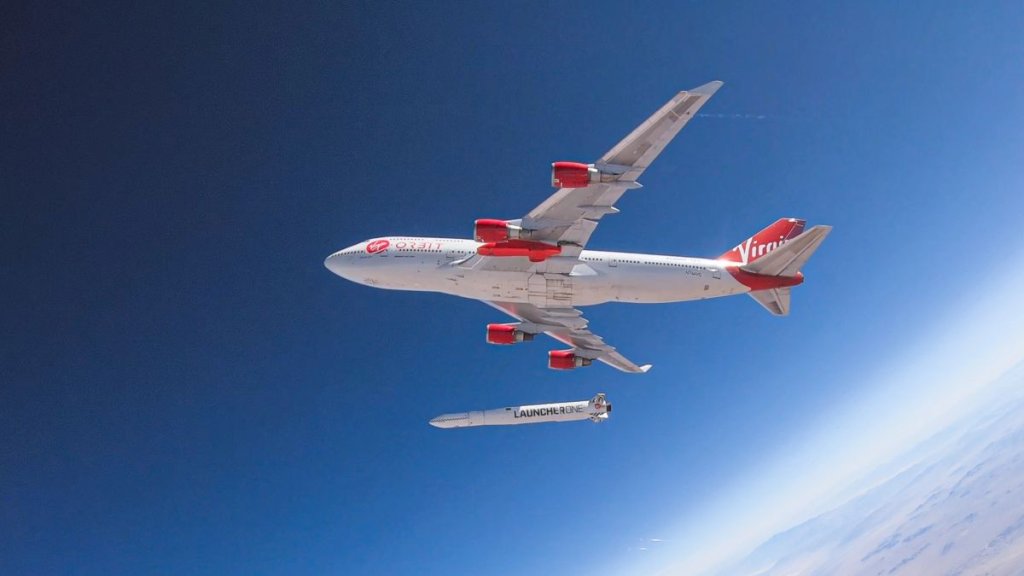
Virgin Orbit pauses operations while it looks for funding (Image Credit: Space.com)
Launch company Virgin Orbit has temporarily halted operations and furloughed most of its employees as it looks for funding, according to media reports.
Virgin Orbit is standing down for a week, “with only a small team continuing to work,” CNBC reported on Wednesday (opens in new tab) (March 15). The company expects to provide an update about the situation to employees by next Wednesday (March 22) or Thursday (March 23).
In Virgin Orbit’s most recent quarterly earnings report, which it issued last November, the company disclosed an operating loss of $50.5 million, with $71 million cash on hand, SpaceNews reported (opens in new tab). Virgin Orbit is currently looking for ways to deal with a cash-flow issue, according to SpaceNews, which cited a company source speaking on background.
Related: Failed Virgin Orbit launch leaves open opportunity for UK as a space ‘underdog’
Virgin Orbit, which is part of billionaire Richard Branson‘s Virgin Group of companies, is dealing with technical issues as well as financial ones.
The company’s most recent launch failed after lifting off on Jan. 9 from Spaceport Cornwall in England, resulting in the loss of nine satellites. Virgin Orbit has traced the failure to a fuel filter in the upper stage of the company’s LauncherOne rocket, which apparently was dislodged during flight.
Virgin Orbit is addressing the problem and getting its next rocket ready for flight, company representatives have said. The next mission will lift off from California’s Mojave Air and Space Port, as had all five of Virgin Orbit’s missions before the Jan. 9 effort, which aimed to be the first-ever successful orbital launch from U.K. soil.
Before Jan. 9, Virgin Orbit was riding a streak of four consecutive successes, which had placed a total of 33 satellites into orbit. (The company’s first-ever liftoff, a test launch in May 2020, did not succeed.)
The 70-foot-long (21 meters) LauncherOne is designed to deliver small satellites to orbit. It lifts off under the wing of a modified Boeing 747 called Cosmic Girl. The plane drops LauncherOne high in the sky, and the rocket then makes its own way to orbit.
This strategy allows Virgin Orbit to be more flexible and responsive than competitors with standard vertically launched rockets, company representatives say.
Space tourism outfit Virgin Galactic, also part of the Virgin Group, employs the air-launch method as well, using a carrier plane named VMS Eve and a suborbital spaceliner called VSS Unity. Eve and Unity last flew people to the final frontier in July 2021; both vehicles were taken out of service shortly thereafter to be upgraded and maintained.
That work is now done, and Virgin Galactic is preparing the duo to fly its next space mission this spring, company representatives have said.
Mike Wall is the author of “Out There (opens in new tab)” (Grand Central Publishing, 2018; illustrated by Karl Tate), a book about the search for alien life. Follow him on Twitter @michaeldwall (opens in new tab).Follow us on Twitter @Spacedotcom (opens in new tab) or Facebook (opens in new tab).








